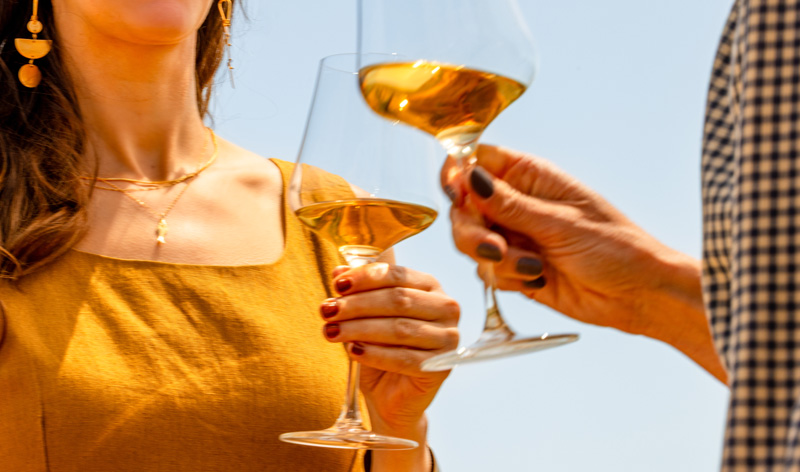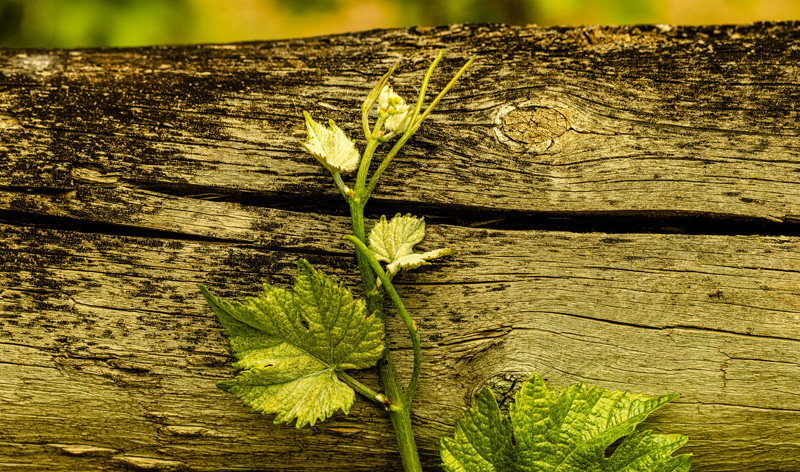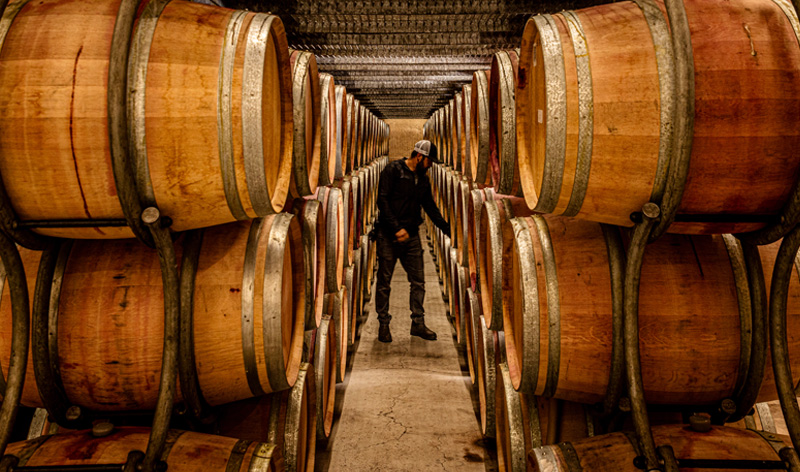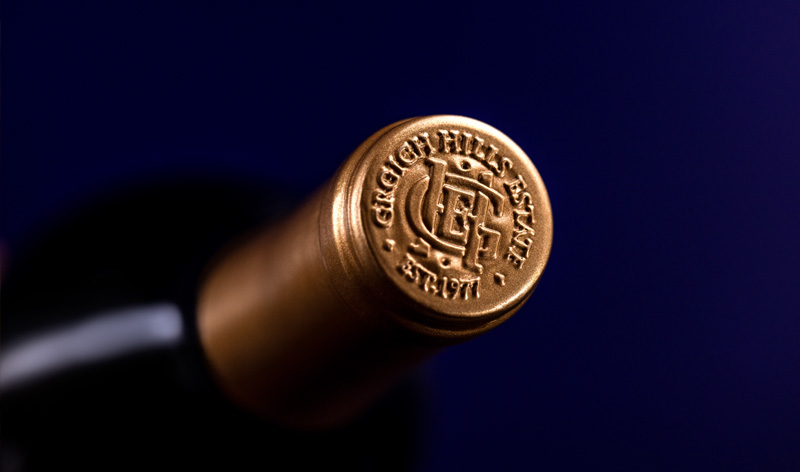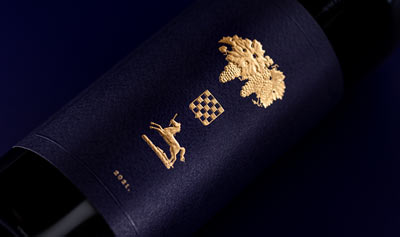Environmental Responsibility
We are proud stewards
of the land.
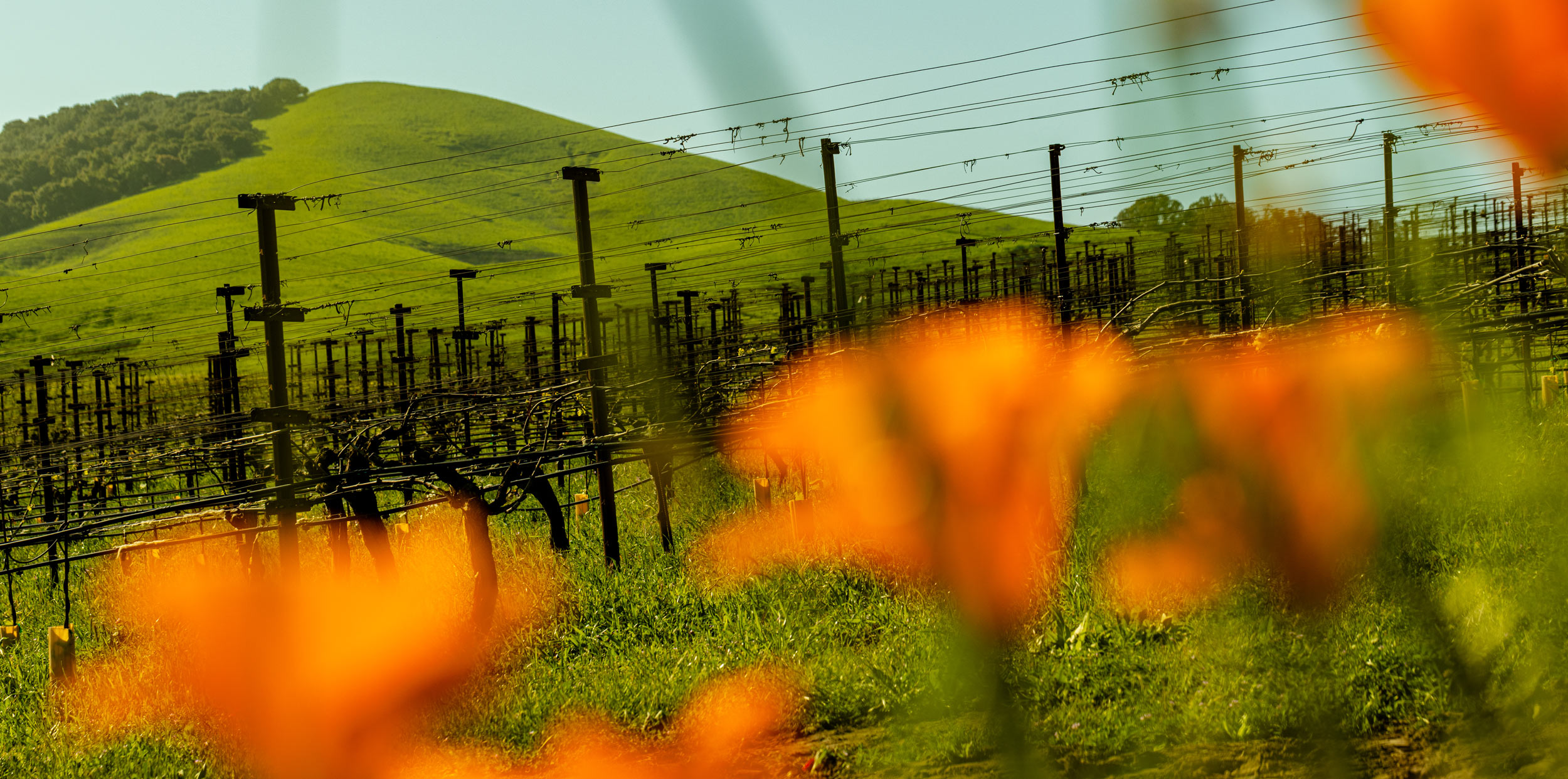
An eye toward a climate-conscious future
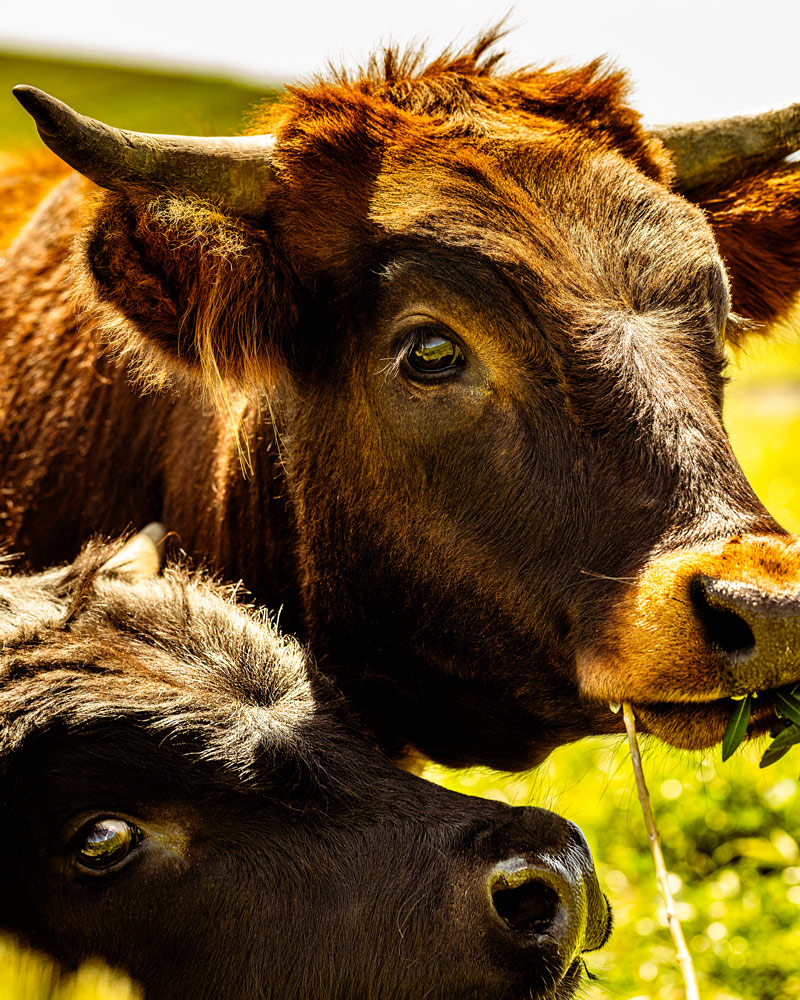
Our five estate vineyards have been certified organic since 2006, and in 2022, we became Regenerative Organic Certified®. Regenerative organic farming relies on the principle that a farm is a living, breathing ecosystem, and that every player is important. We incorporate biodiversity by encouraging healthy microbial growth, the presence of beneficial plants, birds, insects, and other animals, and allowing natural processes to thrive, creating the strongest ecosystem possible.
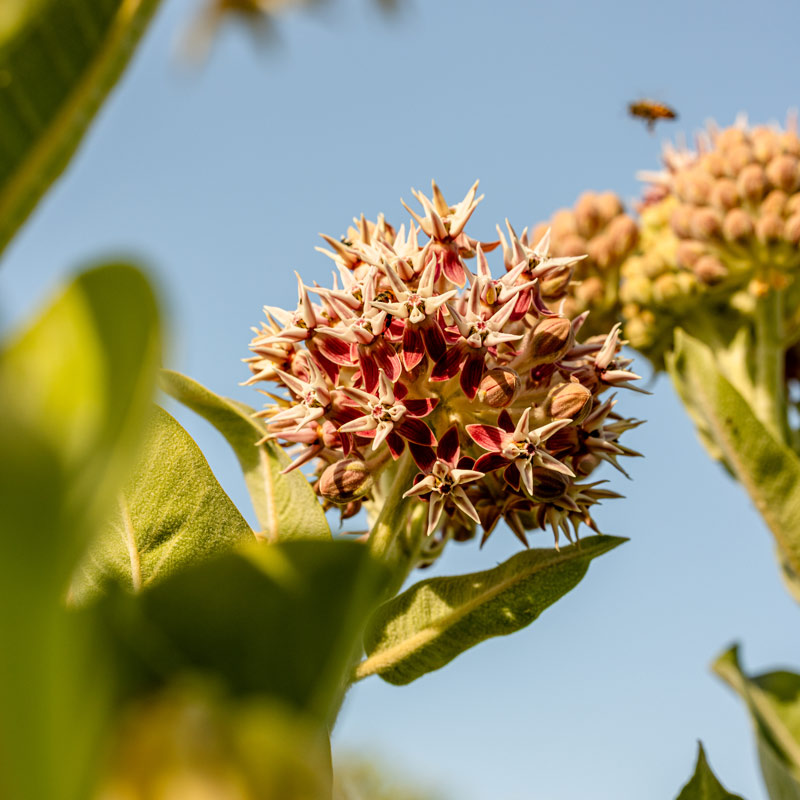
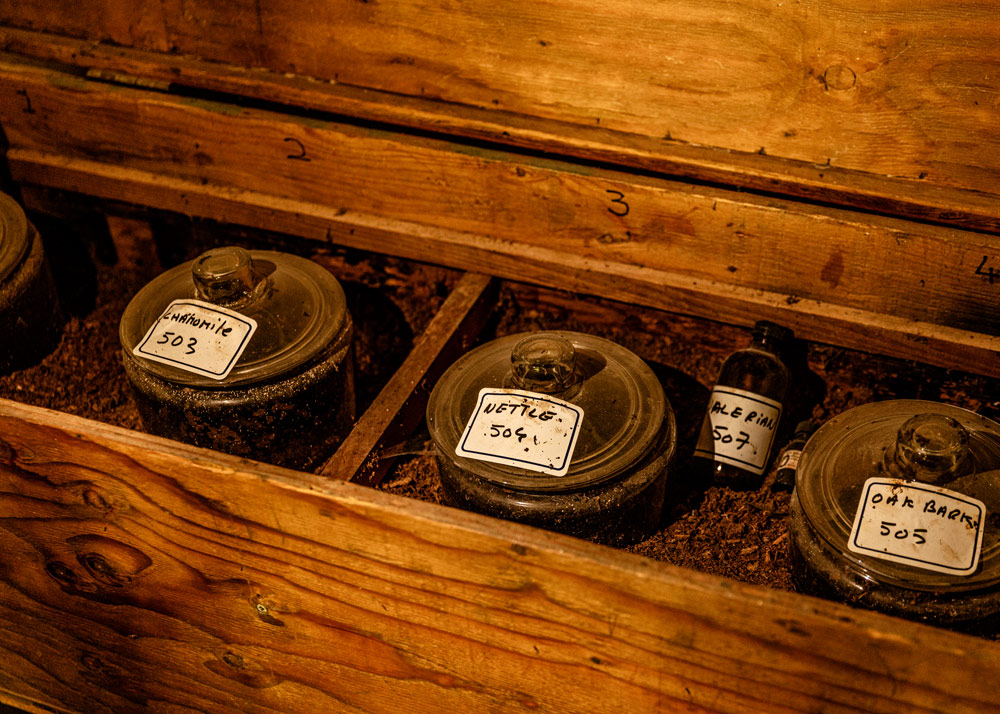
Superior quality begins with a sense of place
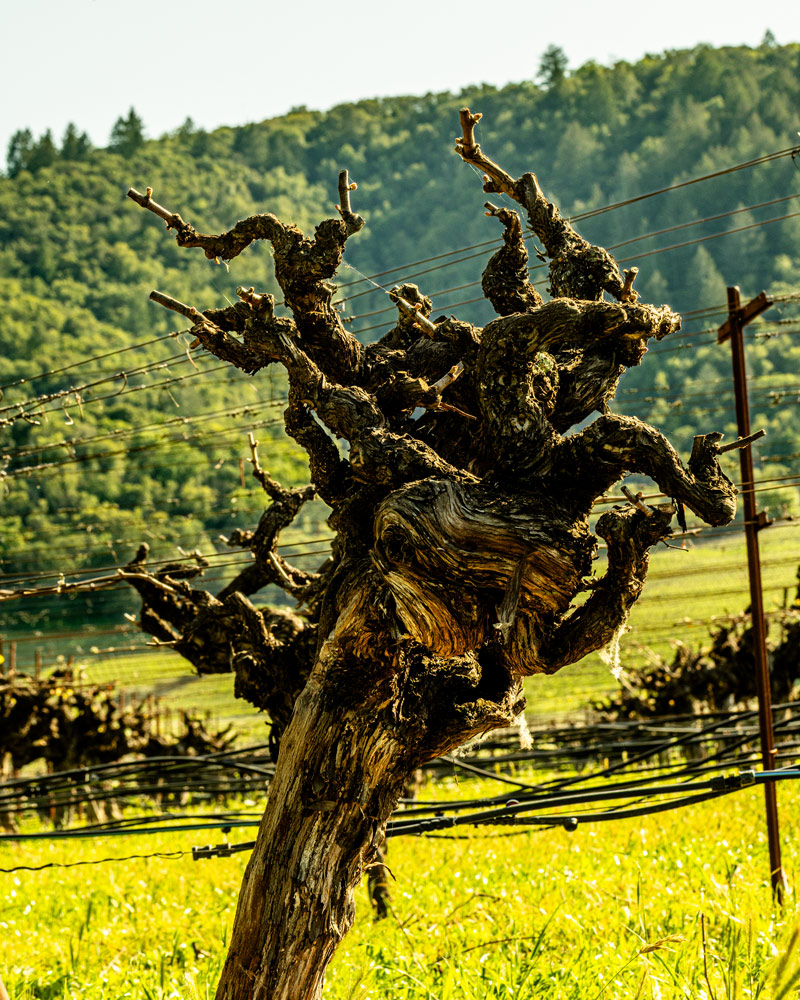
We are committed to making wines of the highest quality and consistency. The best wines can only come from the best grapes, which is why we are 100% estate grown. This allows us to prioritize the long-term health and longevity of the vines and create a balanced ecosystem in our vineyard, ultimately producing wines with an unmatched expression of terroir.
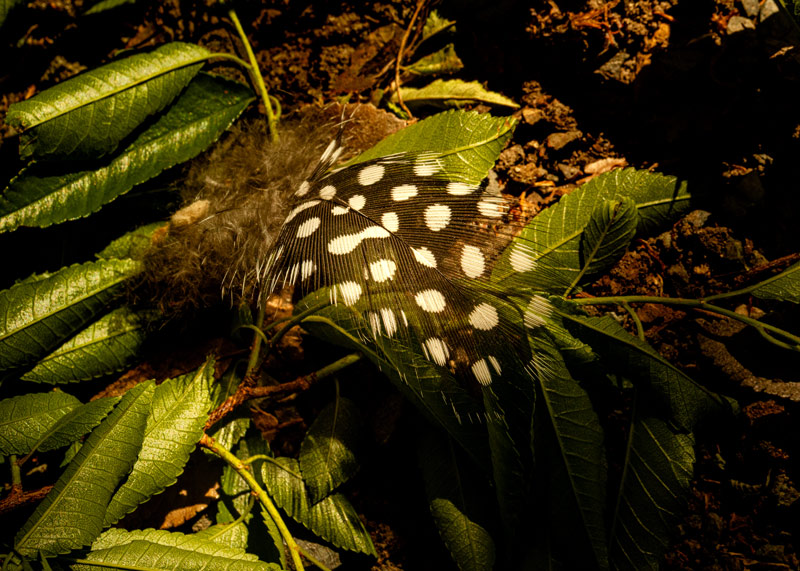
“We believe in terroir – a sense of place. It’s what makes our business beautiful."
“There’s an intangible benefit, a kind of pleasure. We don’t care only about the health of our soil. We care about our people. It’s a benefit of this job that I’m thankful for.”
Ivo Jeramaz
“More than ever, this kind of farming is important. It’s crucial.”
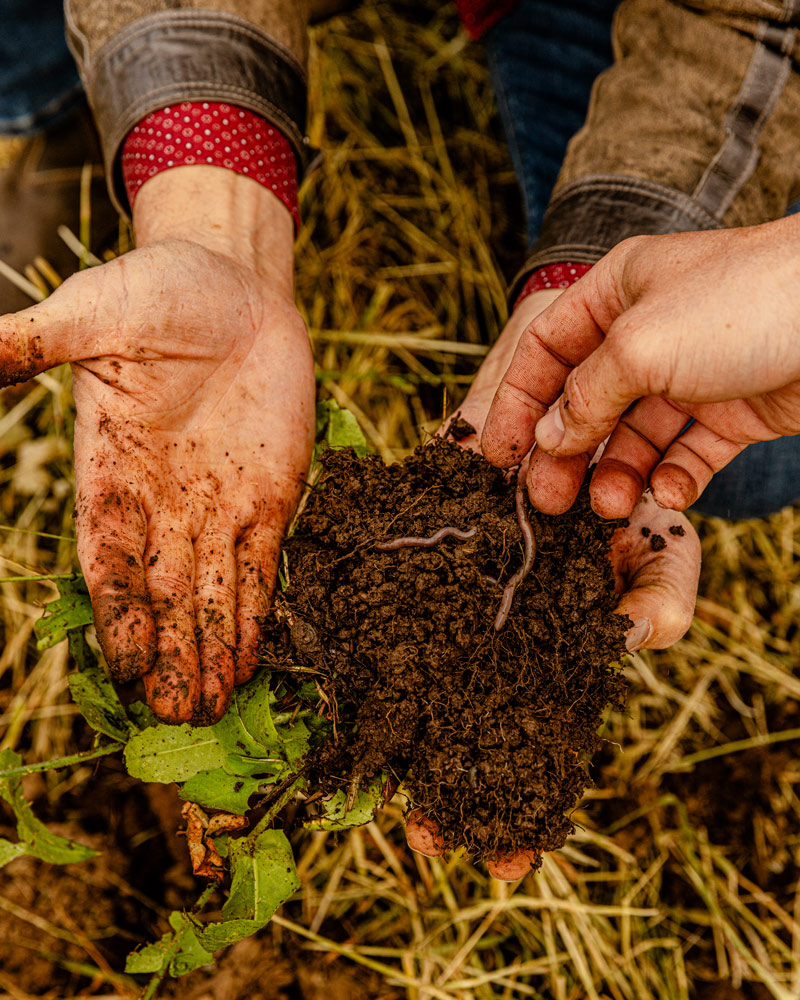
The natural processes of regenerative farming promote soil and ecosystem health, resulting in healthy living soil, superior water retention and storage, and decreased carbon dioxide in the atmosphere.
The Regenerative Organic Alliance also holds us to the highest standard in the way that we care for our vineyard team. The people who make our winemaking possible are an important part of the puzzle.
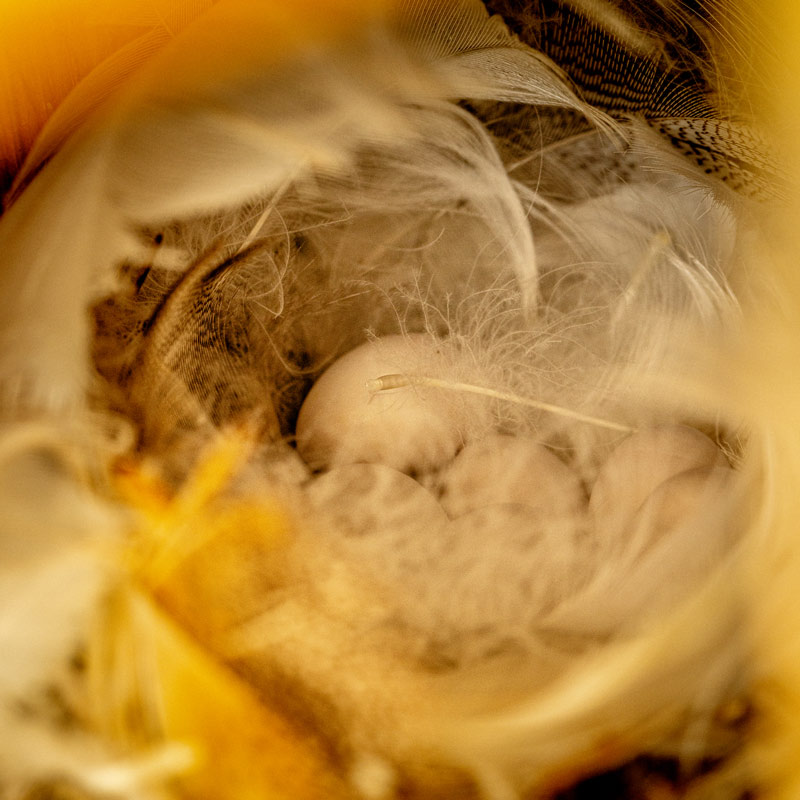
Cover Crops
Cover crops drastically reduce soil temperatures, which is more forgiving to microbial life, and reduce heat reflected back into the atmosphere. They increase water retention and inhibit evaporation, as well as combat erosion, making it much harder for wind and water to degrade the land. All these factors establish a hospitable environment for the soil microbiome and encourage topsoil regeneration.



Animals
Animals play a huge role in ecosystem balance. Birds keep rodents and insect species (“pests” as well as other insects) in check. Livestock grazing by sheep and cows encourages cover growth and mimics grazing populations in natural environments. Chickens and ducks keep insect and slug populations in balance and provide free eggs.
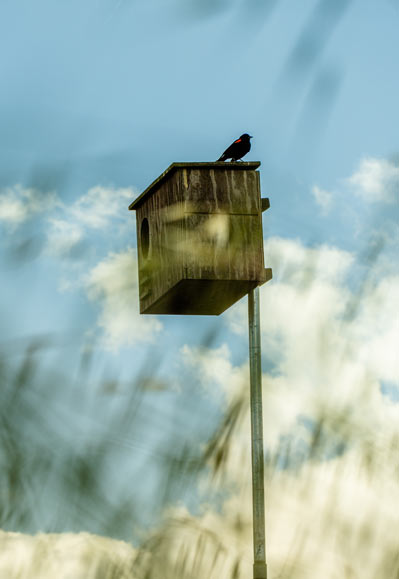
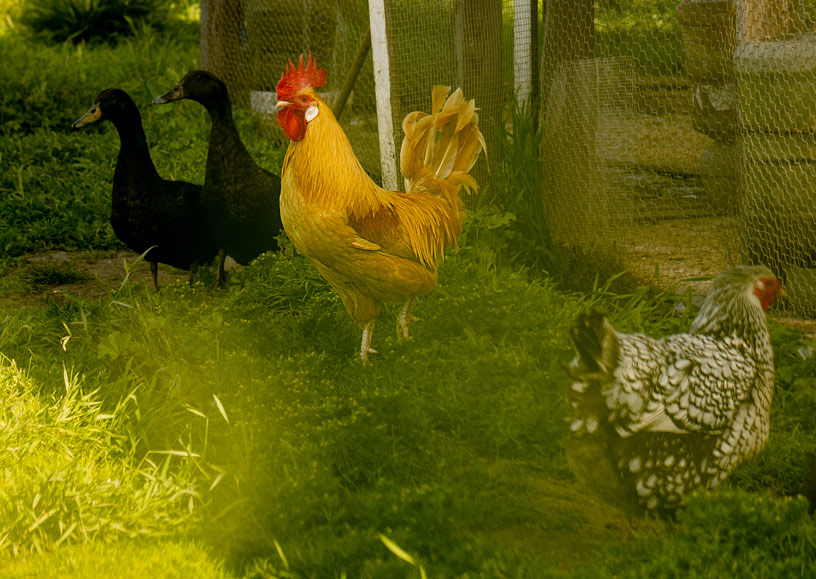
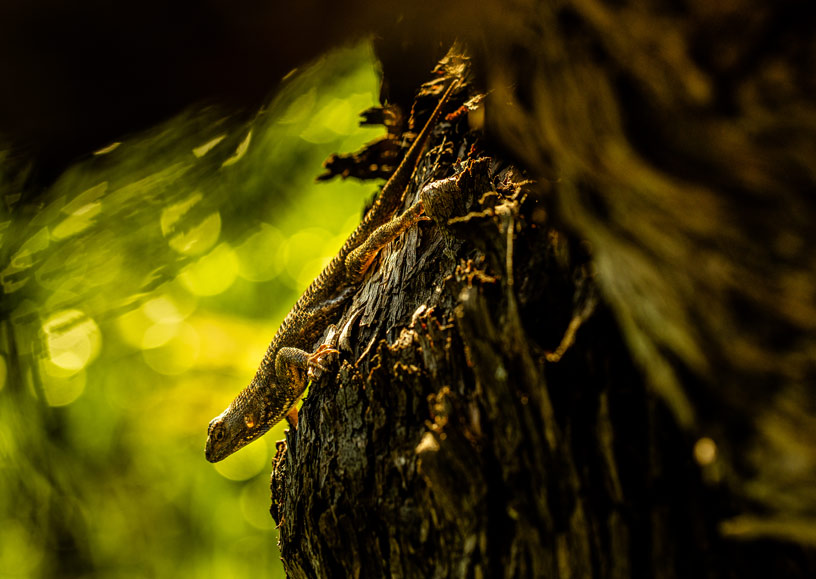
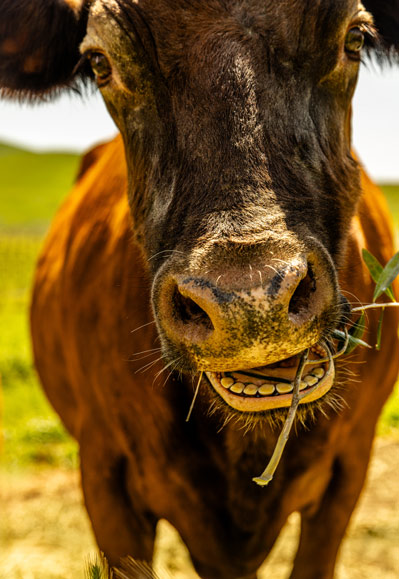
Pollinators & Insects
We plant cover crops that will specifically attract pollinators and predatory insects that will help proliferate our crops and keep vine-eating bugs at bay. With bee populations declining, we have a vested interest in providing environments where hives can not only thrive, but contribute. In concert with the local group Apis Arborea, we’ve constructed and hung tree nests throughout our vineyards, which imitate the locations that bees would naturally live in.
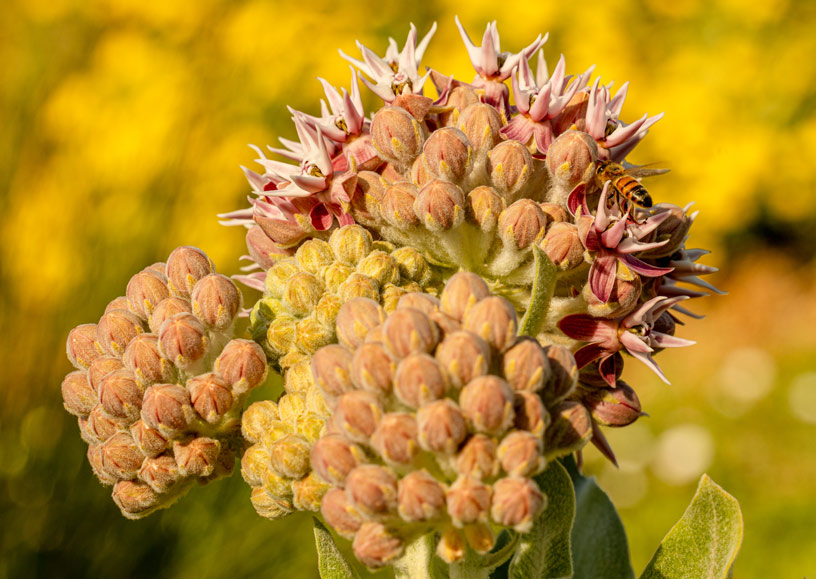
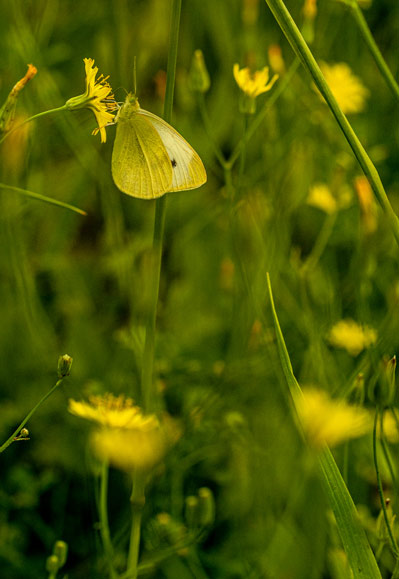
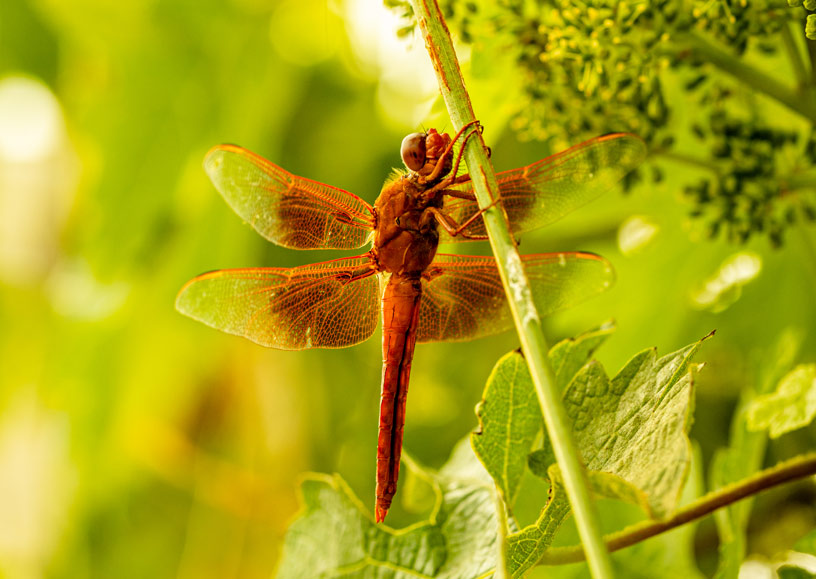
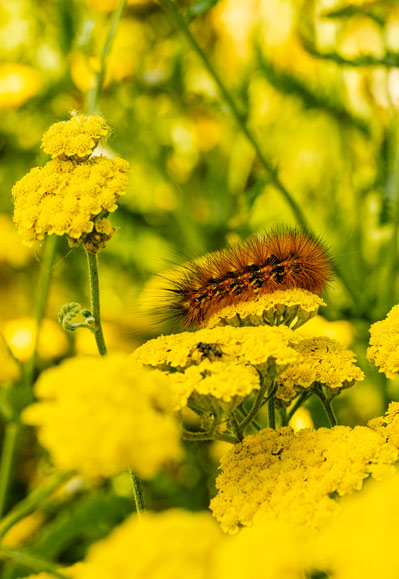

Photo by Tom Zimberoff
“Every day, do your best, learn something new, and make a friend.”
–Miljenko “Mike” Grgich, cofounder
